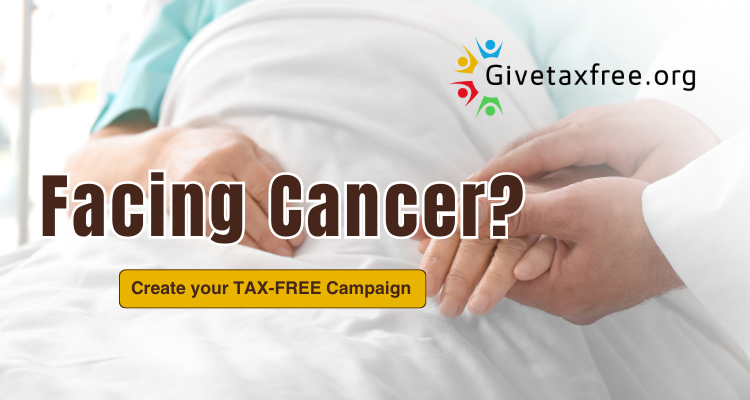Angina therapy refers to the medical treatment of angina pectoris, a condition characterized by chest pain or discomfort caused by reduced blood flow to the heart muscle. Angina usually occurs when the heart muscle (myocardium) doesn’t receive enough oxygen-rich blood, often due to narrowed or blocked coronary arteries. This condition is commonly associated with coronary artery disease (CAD).
The primary goals of angina therapy are to relieve symptoms, improve quality of life, and reduce the risk of heart-related complications. There are several approaches to angina therapy, which can be broadly categorized into lifestyle modifications, medications, and invasive procedures. Here’s an overview of each:
1. **Lifestyle Modifications:**
– **Diet:** Adopting a heart-healthy diet low in saturated and trans fats, cholesterol, and sodium can help manage angina. Emphasizing fruits, vegetables, whole grains, lean proteins, and healthy fats (such as those found in nuts, seeds, and olive oil) is important.
– **Exercise:** Regular physical activity can help improve cardiovascular fitness and reduce the risk of angina episodes. It’s important to consult a healthcare professional before starting an exercise regimen.
– **Smoking Cessation:** Quitting smoking is crucial, as smoking damages blood vessels and contributes to the progression of coronary artery disease.
– **Weight Management:** Maintaining a healthy weight can reduce the workload on the heart and improve overall cardiovascular health.
– **Stress Management:** Techniques such as meditation, deep breathing, and relaxation exercises can help manage stress, which can trigger angina episodes.
2. **Medications:**
– **Nitroglycerin:** Nitroglycerin is a common medication used to relieve angina symptoms by relaxing and dilating blood vessels, allowing more blood to flow to the heart muscle.
– **Beta-Blockers:** These medications reduce the heart’s workload and oxygen demand by slowing the heart rate and reducing blood pressure.
– **Calcium Channel Blockers:** These drugs relax and widen blood vessels, improving blood flow and reducing the heart’s workload.
– **Antiplatelet Agents:** Medications like aspirin or clopidogrel are often prescribed to prevent blood clot formation, which can help reduce the risk of heart attacks.
– **Statins:** These medications help lower cholesterol levels and reduce the risk of further plaque buildup in coronary arteries.
– **Ranolazine:** This newer medication can help reduce angina symptoms by improving the heart’s oxygen utilization.
3. **Invasive Procedures:**
– **Angioplasty and Stenting:** During angioplasty, a catheter is used to inflate a balloon in the narrowed coronary artery, widening it and improving blood flow. A stent may be placed to help keep the artery open.
– **Coronary Artery Bypass Surgery:** In cases of severe CAD, bypass surgery may be performed to create new routes for blood flow by using blood vessels from other parts of the body to bypass blocked coronary arteries.
The choice of therapy depends on the severity of the angina, the patient’s overall health, and the underlying causes of the condition. It’s important for individuals with angina to work closely with their healthcare provider to develop a personalized treatment plan that addresses their specific needs and risk factors.












![7 Health Benefits of Matcha Tea: The Ultimate Guide to a Healthier You! [Video]](https://crowd-funding.givetaxfree.org/wp-content/uploads/2024/05/mp_259556_0_0jpg.jpg)
![Brooklyn Project Foundation tournament events to support cancer research [Video]](https://crowd-funding.givetaxfree.org/wp-content/uploads/2023/09/mp_155132_0_BrooklynProjectFoundation2e1694012693764jpg.jpg)
![Novartis Malaria Innovation and Access Journey [Video]](https://crowd-funding.givetaxfree.org/wp-content/uploads/2024/04/mp_257155_0_0jpg.jpg)
![Chula Vista Army Veteran receives backyard restoration [Video]](https://crowd-funding.givetaxfree.org/wp-content/uploads/2024/04/mp_258270_0_83ada479a3cd4e61b9c671d27a8ae9cb1140x641jpg.jpg)
